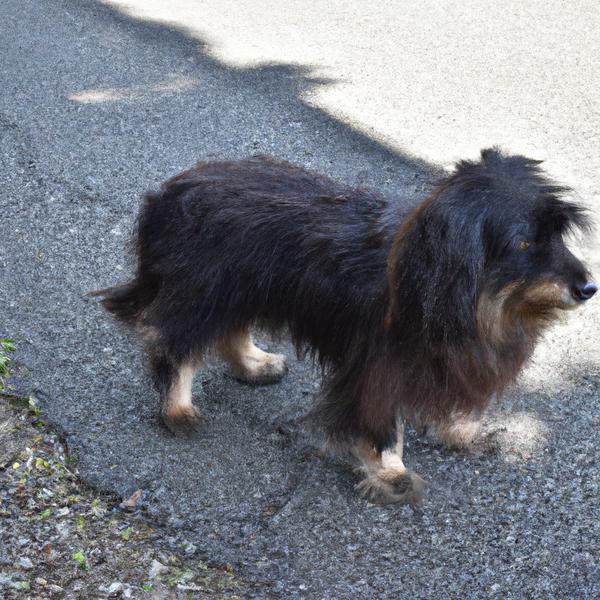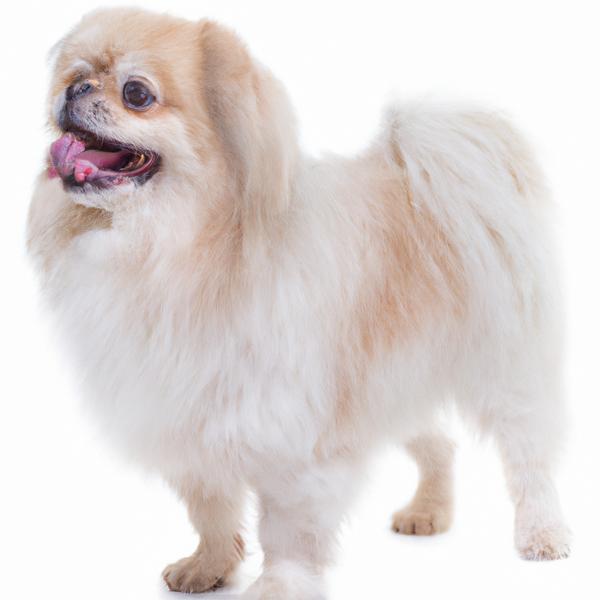Schnese vs. Pom-Shi: Breed Differences and Similarities
Hypoallergenic
Are Schneses or Pom-Shis hypoallergenic, or neither?
Unfortunately, neither Schnese nor Pom-Shi are hypoallergenic, which may not make them the best choice for dog lovers who suffer from pet allergies.
Temperament
What are the personalities of Schnese and Pom-Shi dogs?
Playful
Energetic
Intelligent
Friendly
Outgoing
Responsive
Affectionate
Lively
Gentle
Companionable
Clever
Sturdy
Amiable
Charming
Active
Playful
Alert
Intelligent
Confident
Friendly
Docile
Lively
Going
Sociable
Attentive
Trainable
Fearless
Keen
Faithful
Extroverted
Charming
Shedding Level
Do Schneses shed more than Pom-Shis, or which breed sheds more, Schneses or Pom-Shis?
Schneses are low shedding dogs, requiring minimal coat care.
Pom-Shis are heavy shedders, but regular brushing can help manage shedding and promote a healthy coat.
Watchdog Ability
Which dog breed makes a better watchdog, the Schnese or Pom-Shi?
The Schnese and Pom-Shi breeds are not the best choice if you want good watchdogs. If you're looking for guard dogs, these breeds are not the right ones for you. They will 'watch' everything - but that's usually as far as they go.
Ancestry
What are the origins of Schnese and Pom-Shi breeds?
Miniature Schnauzer, Havanese
Shiba Inu and Pomeranian
Breed recognition
Which kennel clubs recognize/register Schnese and Pom-Shi?
ACHC = American Canine Hybrid Club
DBR = Designer Breed Registry
DDKC = Designer Dogs Kennel Club
DRA = Dog Registry of America, Inc.
IDCR = International Designer Canine Registry®
ACHC = American Canine Hybrid Club
DBR = Designer Breed Registry
DDKC = Designer Dogs Kennel Club
DRA = Dog Registry of America, Inc.
IDCR = International Designer Canine Registry®
Date of Birth
When were Schnese and Pom-Shi breeds first developed?
Unknown
Eye Color Possibilites
What are the eye colors of Schnese and Pom-Shi dogs?
Brown
Brown
Nose Color Possibilites
What are the natural nose colors of Schnese and Pom-Shi?
Black
Black
Coat Color Possibilites
What are the natural colors of the coat for Schnese and Pom-Shi breeds?
Black
Brown
Gray
Silver
White
Red
Cream
Black
Coat Length
What is the typical coat length for Schnese and Pom-Shi breeds?
The coat of Schnese and Pom-Shi dogs falls in the medium-length category.
Coat Density
What is the density of the coat of Schnese and Pom-Shi?
Coat Texture
What is the hair texture of Schnese and Pom-Shi?
Straight
Litter Size
What is the usual litter size for Schnese and Pom-Shi?
A Schnese can have a litter of 1-9 puppies on average. However, it's worth noting that the size of the litters can vary greatly. Factors that can influence litter size include the health of the mother, breeding history, and genetics.
A Pom-Shi can have a litter of 2-5 puppies on average. However, it's worth noting that the size of the litters can vary greatly. Factors that can influence litter size include the health of the mother, breeding history, and genetics.
Adaptability
Schnese and Pom-Shis are known for their adaptability and versatility. They are capable of adapting well to a wide range of lifestyle changes and living environments, making them great companions for families and individuals of all lifestyles.
Health Issues
Between Schnese and Pom-Shi, which breed is more prone to health problems?
Schnese and Pom-Shi breeds are generally considered to be healthy. However, like all breeds, they are susceptible to certain health issues and it is important to keep an eye out for them and address them with your veterinarian as needed.
Major Concerns
What are the major health concerns for Schnese and Pom-Shi breeds?
Urolithiasis
Von Willebrand's Disease
Portosystemic Shunt
Sick Sinus Syndrome
Myotonia Congenita
Patellar Luxation
Hip Dysplasia
Mono/Bilateral Cryptorchidism
Patent Ductus Arteriosus (PDA)
Minor Concerns
What minor health issues should be kept in mind when owning Schnese and Pom-Shi?
Patellar Luxation
Deafness
Megaesophagus
Heart Conditions
Legg-Calve Perthes Disease
Liver Problems
Joint Dysplasia
Entropion
Hydrocephalus
Tracheal Collapse
Sick Sinus Syndrome
Occasional Tests
What occasional tests are recommended for Schnese and Pom-Shi breeds?
Complete Blood Count
Brain Auditory Evoked Response (BAER)
Internal Imaging (x-ray, CT scan, MRI, etc.)
Blood And Urine Analysis
Ear Tests and Myringotomy Tests
Yearly Physical Examination
Eye Examinations (both internal as well as external)
X-rays of various parts of the skeletal system
Dental and Oral Examinations
Echocardiography (ultrasound)
Complete Blood Count
Internal Imaging (x-ray, CT scan, MRI, etc.)
Blood And Urine Analysis
Blood Sugar and Thyroid Tests
Complete Physical Examination
Eye Examinations (both internal as well as external)
X-rays of various parts of the skeletal system
Energy
How do the energy levels of Schneses and Pom-Shis compare?
Schneses' high energy levels make them unsuitable for a low-key dog, choose accordingly.
Pom-Shis are suitable for those with a balanced lifestyle as they have an average energy level.
Social Needs
Schnese vs Pom-Shi social needs comparison
Schnese has very high social needs and requires regular mental and physical stimulation, a job or purpose, and companionship.
Pom-Shi has above average social needs and thrives with interaction with humans and other dogs.
Exercise Needed
Schnese vs Pom-Shi exercise need comparison.
Schneses need moderate physical activity and are great for families and active individuals.
Pom-Shis need only a small amount of physical activity, ideal for busy or elderly people or those with limited space.
Sleeping Need
Which of the two sleeps the most/least: Schnese or Pom-Shi?
Schnese and Pom-Shi breeds are known to have moderate energy levels and normal sleep patterns, typically sleeping around 12-14 hours per day.
Tendency to Bark
Do Schneses or Pom-Shis bark more/less frequently?
Compared to most other breeds, Schnese and Pom-Shi tend to be less vocal and bark less frequently. They typically only bark when necessary, such as to communicate or alert their owner, and do not bark excessively, especially when left alone.
Mouthiness
Mouthiness Comparison: Schnese vs Pom-Shi?
Roaming urge
Schnese vs Labrador: Running away tendency?
Prey Drive
Schnese or Pom-Shi - which breed has a higher level of prey drive?
Past times
What are some enjoyable activities and ways to keep Schnese and Pom-Shi entertained?
Walk, Walks, Toys, Sticks
Fetch, Walks, Hiking, Running, Swimming, Cuddle, Walk, Tug-of-war
Activity Level
Which breed has higher energy, Schneses or Pom-Shis?
Both Schnese and Pom-Shi are medium-energy dogs that enjoy socializing and playing with other dogs. They may engage in casual or sustained games of chase, and occasionally have bursts of barking or racing around the house.
Tolerance of being left alone
Walks per Week
How many miles should Schnese or Pom-Shi walk each week?
There's really no limit to how far you walk your dog as long as they're comfortable. For Schnese, it's at least 7 miles / week. Just remember to build distance and stamina gradually over time.
There's really no limit to how far you walk your dog as long as they're comfortable. For Pom-Shi, it's at least 5 miles / week. Just remember to build distance and stamina gradually over time.
Activity per Day
Do Schneses or Pom-Shis require more exercise?
In general most Schneses usually need at least 60 minutes of exercise daily. This can be spread across the day and include all sorts of high-energy activities, like walking, running and playing.
In general most Pom-Shis usually need at least 45 minutes of exercise daily. This can be spread across the day and include all sorts of high-energy activities, like walking, running and playing.
Grooming
Which breed is easier to maintain in terms of grooming, Schneses or Pom-Shis?
The Schnese has low grooming needs and is easy to maintain.
The Pom-Shi requires an average amount of grooming compared to other breeds.
Brushing Frequency
What is the recommended brushing frequency for Schnese and Pom-Shi dogs?
Ideally, Schnese should be brushed at least 2 or 3 times a week (preferably daily) improve shedding.
Pom-Shi should be brushed at least once a week. Of course you can give them more frequent brushes if you find that they are still shedding a lot
Brushing Tools
What brushing tools are used for Schneses and Pom-Shis?
Pin Brush
Dematter
Deshedder
Nail Clipper
Pin Brush
Deshedder
Nail Clipper
Cups
How much food should be given to Schnese or Pom-Shi in cups?
For an average 7-15 pound (3 - 7 kg) Schnese feed 1 cups daily. But, keep in mind, the amount you feed is going to be dependent on the quality of the food you are feeding.
For an average 3-23 pound (1 - 10 kg) Pom-Shi feed 2 cups daily. But, keep in mind, the amount you feed is going to be dependent on the quality of the food you are feeding.
Daily Cost
Which breed has a higher daily cost, Schnese or Pom-Shi?
The average cost of a Schnese is somewhere $1.10 - $1.40 per day.
The average cost of a Pom-Shi is somewhere $1.70 - $2.00 per day.
Monthly Cost
Which breed has a higher monthly cost, Schnese or Pom-Shi?
The average per month expenses of a Schnese is between $35 - $42. This makes an average of $420 - $504 per year. It will be on the higher side when the dog is still small because it will need more frequent visits to the vet, shots.
The average per month expenses of a Pom-Shi is between $48 - $63. This makes an average of $576 - $756 per year. It will be on the higher side when the dog is still small because it will need more frequent visits to the vet, shots.
Intelligence
Comparing Intelligence: Schneses vs Pom-Shis
The Schnese and Pom-Shi breeds are considered very intelligent and easy to train.
Sensitivity Level
How do Schnese and Pom-Shi compare in sensitivity?
This breed is sensitive to its environment and best suited for patient and understanding families with a consistent routine.
This breed is sensitive and requires gentle handling and a calm home environment.
Affection Dependance
Which is the more affectionate dog breed: Schnese vs Pom-Shi?
Apartment Friendly
Which breed is more apartment-friendly: Schnese or Pom-Shi?
Schneses and Pom-Shis are known for being excellent apartment dogs. They are fairly active indoors and will do okay without a yard.
Child Friendly
Do Schneses or Pom-Shis have a friendlier temperament towards children?
Schneses make excellent family pets for kids due to their gentle, protective nature and calm temperament.
Pom-Shis have an average level of friendliness towards children.
Senior-friendly
Which dog is more suitable as a pet for the elderly - Schnese or Pom-Shi?
Cat Friendly
Do Schnese or Pom-Shi breeds have a better compatibility with cats?
Schneses and Pom-Shis are one of the best dogs for cats. They accept cats readily as part of the family. However, this dog breed should be trained to not chase after the kitty early on
Dog Friendly
Which breed is more sociable with other dogs: Schnese or Pom-Shi?
Schneses are friendly and active companions, and can be good family pets, though their friendliness towards other dogs may vary.
Pom-Shis are average in their friendliness towards other dogs, and socialization can help.
Pet friendly
How do Schnese or Pom-Shi dogs interact with other pets?
Stranger Friendly
Which breed is more friendly with strangers: Schnese or Pom-Shi?
Schneses are averagely friendly around strangers but benefit from early socialisation.
Pom-Shis are quick to announce strangers and can be standoffish or suspicious.
Playfulness
Which breed is more playful between Schnese and Pom-Shi?
Schneses are very playful, so adopting an older one might be a better option for a more relaxed experience.
Pom-Shis have an average level of playfulness, enjoying playtime like most dogs but not excessively so.
Trainability
How do the trainability levels of Schneses and Pom-Shis compare?
Schneses are popular for their ease of training and quick learning ability.
Pom-Shis are usually easy to train but require consistency to fully obey commands.
Compare Schnese with other breeds
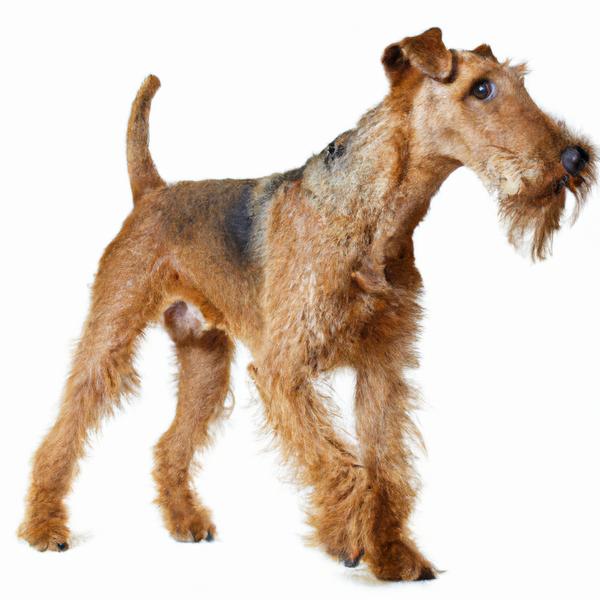
Irish Terrier
Schnese vs Irish Terrier
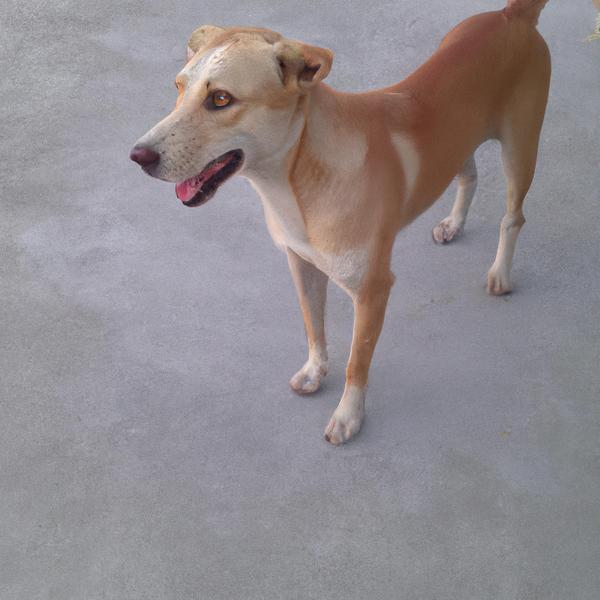
Shollie
Schnese vs Shollie
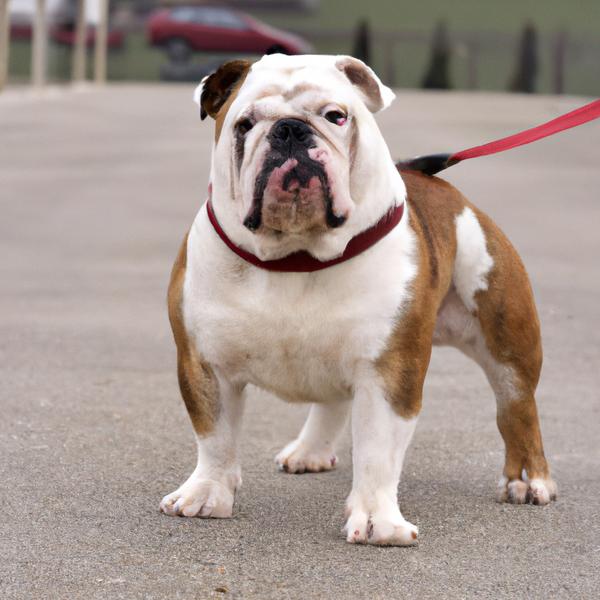
Free-Lance Bulldog
Schnese vs Free-Lance Bulldog
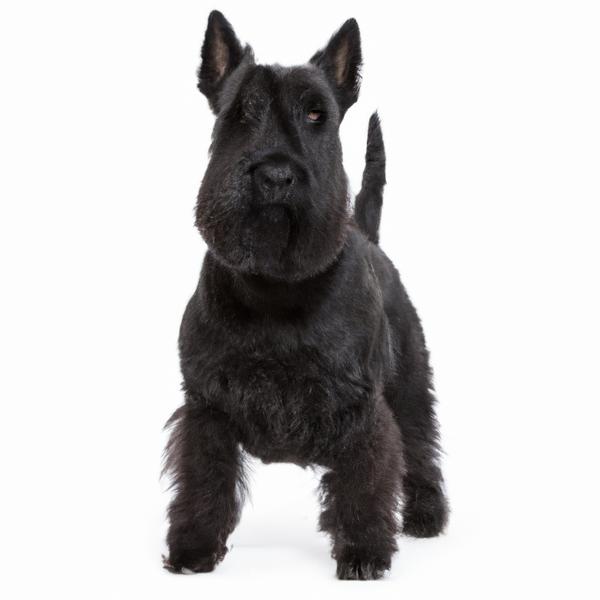
Scottese
Schnese vs Scottese
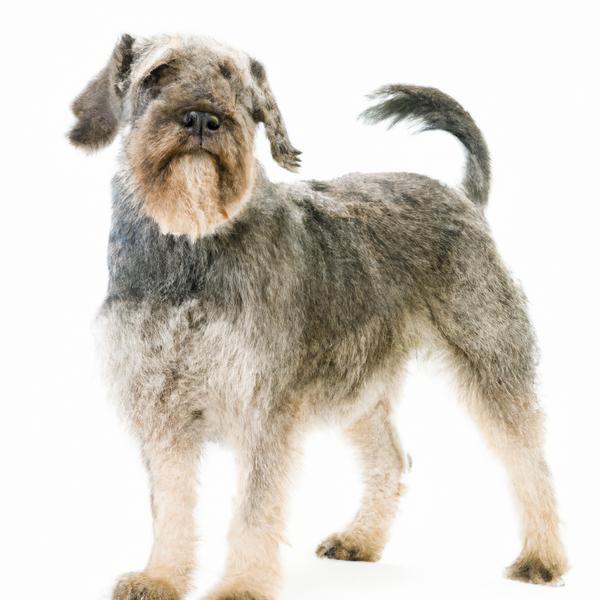
Schneagle
Schnese vs Schneagle
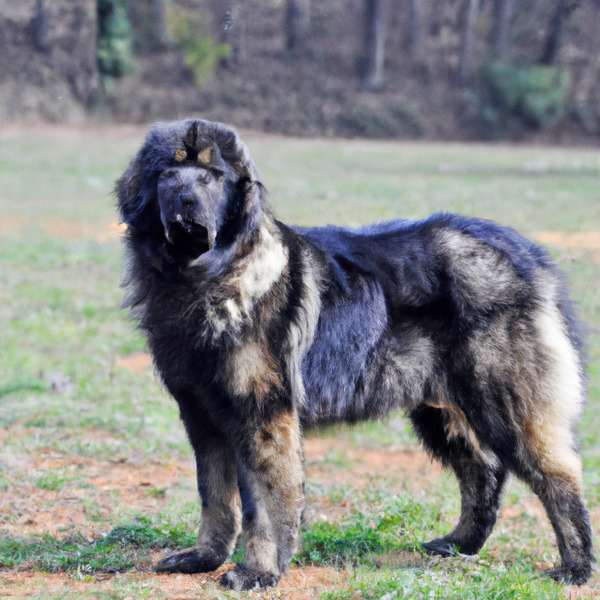
Sarplaninac
Schnese vs Sarplaninac
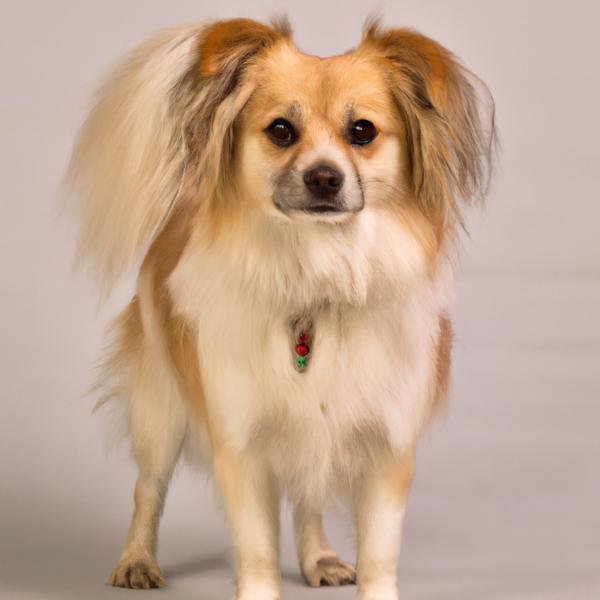
Boxollie
Schnese vs Boxollie
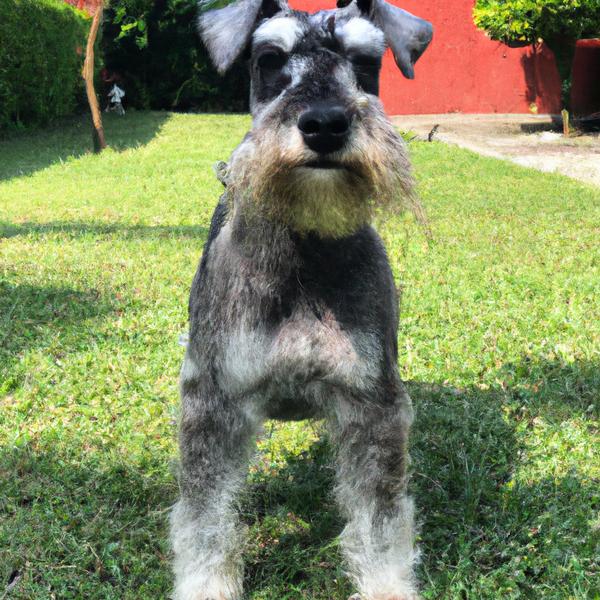
Crested Schnauzer
Schnese vs Crested Schnauzer
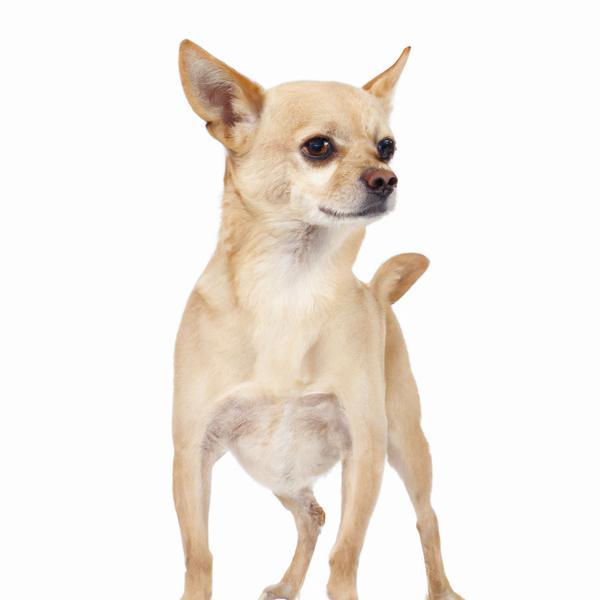
Bolo-Chi
Schnese vs Bolo-Chi
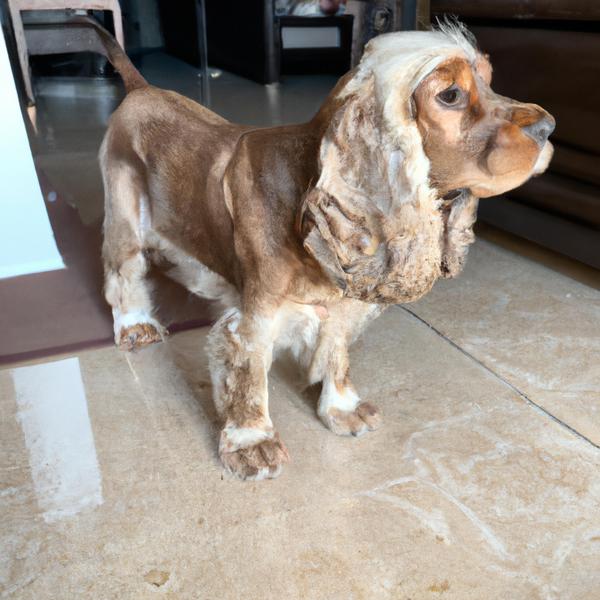
Mini English Cocker
Schnese vs Mini English Cocker
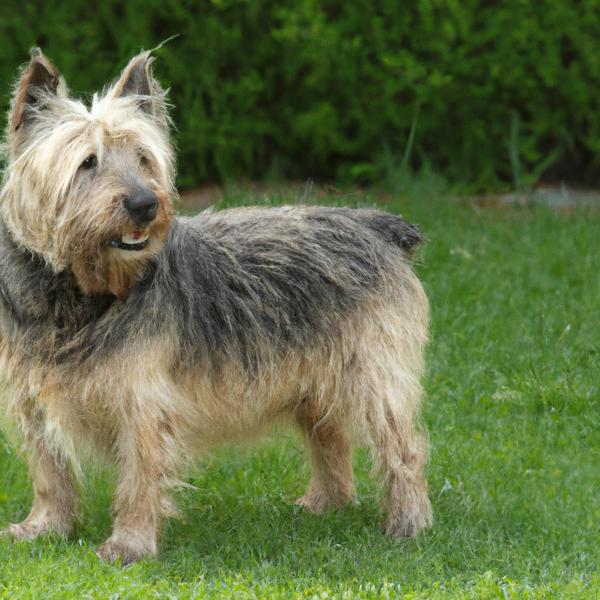
West Australian Terrier
Schnese vs West Australian Terrier
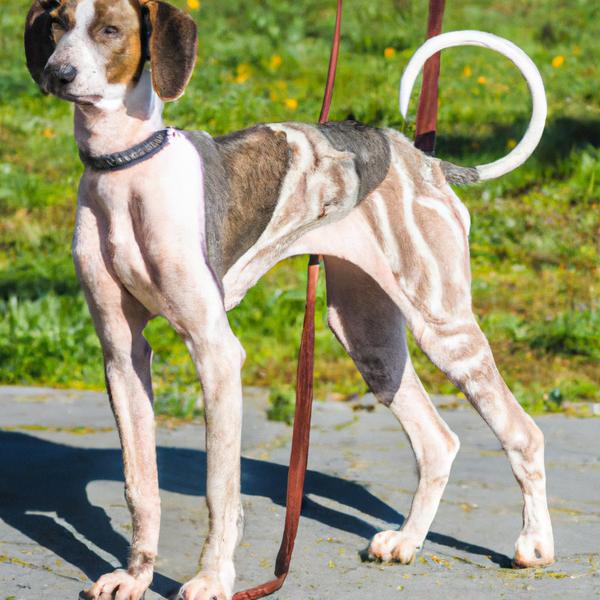
Italian Papihound
Schnese vs Italian Papihound
